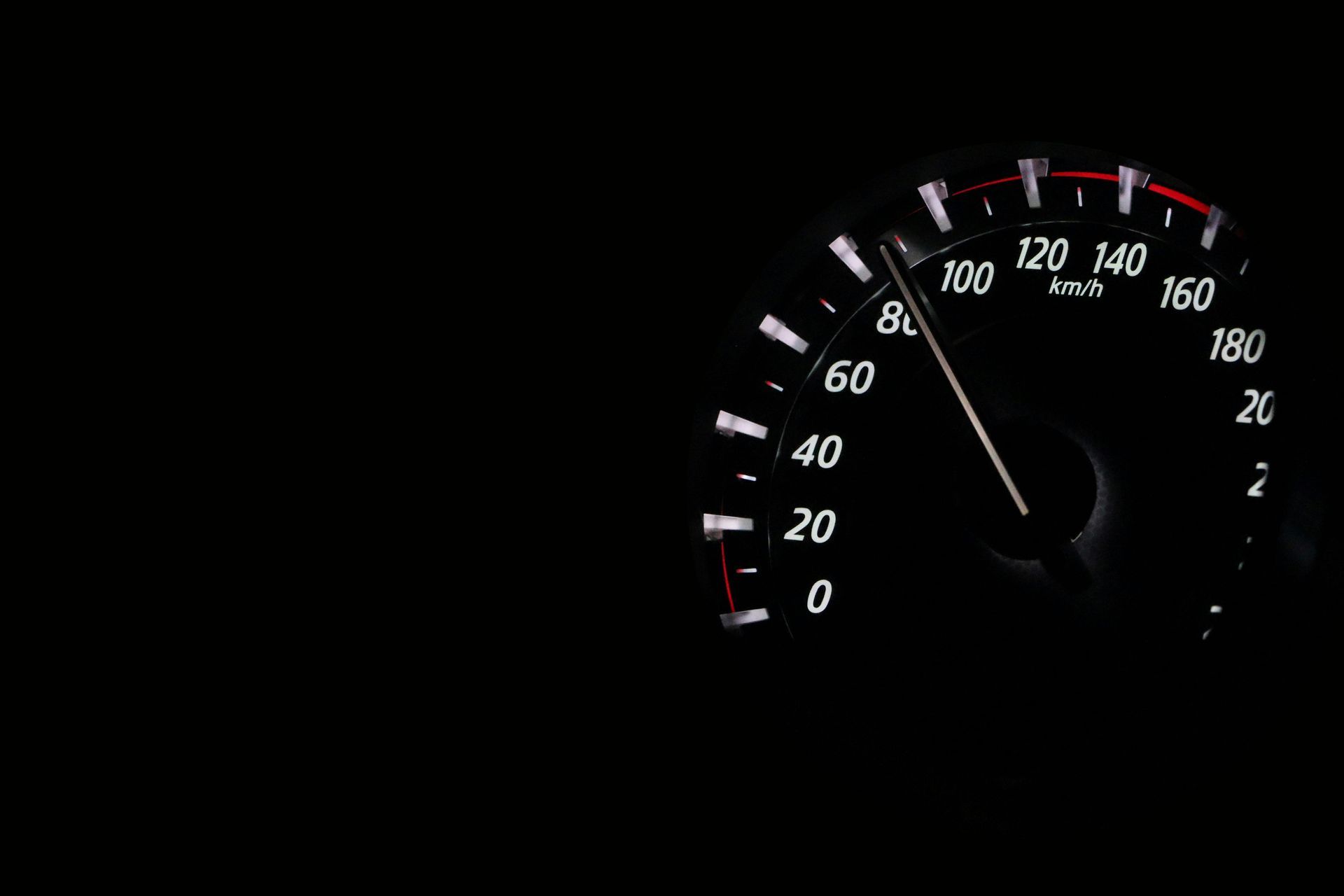Field Sobriety Tests In California
Field Sobriety Tests (FSTs) -- IN GENERAL
These are not really tests at all; rather, I like to think of them as highly subjective Roadside Agility Exercises that are designed for failure. In theory, these tests were designed to simulate and evaluate your "divided attention" abilities, a critical skill in operating a motor vehicle. However, there are many people who, for many innocent reasons, cannot perform these tests to the officer's satisfaction, and pay the price with a DUI arrest. Note: should you fail the roadside (non-chemical) breath test (PAS), which is also considered a FST -- you will most likely be arrested regardless of how well you performed (or think you performed) on the other tests.
DO YOU HAVE TO SUBMIT TO THE FSTs?
NO! What most people don't know is that these tests/exercises are not mandatory! However, the officer who stopped your car won't tell you this and will use the test results to justify your arrest and accumulate evidence to be used against you in court or at the Department of Motor Vehicles. Remember, it is your right to politely refuse to accept an invitation to submit to any or all Roadside Agility Exercises.
HOW DO THEY WORK?
Drivers get scores -- points against them for swaying when they stand on one leg; for using their arms for balance; for failing to follow instructions; etc. More points indicate impairment. In order to make the test look scientific, an arbitrary magic cutoff number is chosen. Thus, once the magic number is obtained (clue), the officer will write that signs of impairment were present.Changing the cutoff level does not change the basic accuracy of the tests -- it just cause more or less innocent drivers to be arrested - or lumped in with the impaired drivers.
According to NHTSA, officers who correctly use SFSTs still arrest amost 30 percent of the innocent drivers they assess.
WHAT IF YOU ARE EVALUATED FOR DUI?
EXERCISE YOUR RIGHT TO REMAIN SILENT:
In California, other than questions about your identity (i.e., driver's license, registration, and proof of insurance), you are not required to make any admissions or statements regarding drinking and driving to a police officer. Prior to arrest, if you are questioned for DUI or drunk driving, you are not in custody for purposes of Miranda warnings. By politely refusing to answer any of the officer's questions concerning the DUI/DWI investigation, either before or after arrest, there will be little or no statements that can be later used against you in court. Saying too little is the safest bet, because saying too much is almost guaranteed to be used against you.
If the officer asks if you have been drinking, simply say, "on the advice of counsel, I choose to exercise my 5th Amendment Right and remain silent."
The officer will want to ask you questions about where you've been, what you've eaten, how many alcoholic beverages you drank, what were you drinking, when you last slept, etc. The officer is gathering information to make a quick determination of your drinking pattern, and with this information, the officer can determine if he/she should test your blood alcohol level as soon as possible or wait until you fully absorbed the alcohol in your stomach. By answering the officer's questions you are helping the officer gather evidence against you – which "can and will" be used against you in court. Again, politely say “Officer, I choose to exercise my 5th amendment right and remain silent.”
This is important becuause at trial, the prosecutor can ask the officer to tell the jury portions of what you said - something the defense is precluded from doing. Thus, selective, misunderstood, or misconstrued evidence about what you said is often all a jury ever gets to hear.
FIELD SOBRIETY TESTS (FSTS):
Do not let the officer check your eyes and do not agree to take other Field Sobriety Tests. Always be polite, but say, "on the advice of counsel, I elect not to participate in any field sobriety test."
- Many law enforcement officers will say, "if you pass the FSTs, you will not be arrested."
- Some officers will say, "if you refuse to take the FSTs, you will be taken to jail."
- Some officers will even threaten to inform the court if you refuse to take the FSTs.
- Some officers will tell you that your refusal can be used as evidence of your guilt.
- Do not allow the officer to trick or intimidate you into taking any FST. FSTs are completely voluntary and it is your right not to take them. Electing not to take them cannot be used against you.
Remember: If you've been drinking and the officer smells alcohol on your breath, you will most likely be arrested regardless of your performance on any FST.
DO NOT SUBMIT TO A ROADSIDE PRELIMINARY ALCOHOL TEST (PAS):
If you are older than 21 (or not on probation for a prior DUI), you have the right refuse to take a preliminary alcohol screening test. This on scene breath test is completely voluntary and you have the absolute right to refuse this type of breath test.
IMPORTANT: IF ARRESTED -- YOU MUST CHOOSE BETWEEN A BLOOD, BREATH, OR URINE TEST.
You DO NOT have the right to refuse to take a chemical test (blood, breath, or urine test) AFTER you have been arrested for DUI - AND doing so will create more problems for you with both the DMV and the court system.
If you submitted to the PAS test on the roadside and you are over age 21, that test DOES NOT satisfy your "implied consent obligations" to take a chemical test after you are arrested. This can be very confusing, especially now that the some Police Departments are using "in-car" breath testing devices that they administer AFTER you have been arrested.
Note: If you are on probation for a previous DUI - Drunk Driving conviction, you have likely given up your right to decline the PAS device test. If on probation, be sure to review the terms and consult a DUI - Drunk Driving defense attorney.
SHOULD YOU CHOOSE A BLOOD TEST?
Note: Though usually unavailable, Urine is the least accurate and least invasive.
If arrested, choosing a blood test precludes additional tests from being taken and prevents the officer from knowing your breath alcohol concentration, which prevents the officer from writing his/her arrest report with your BAC level in mind and potentially influencing or embellishing facts to support the arrest. Blood and urine can also be re-tested by an independent lab.
Example: driver, weaving within his lane, had slurred speech, stumbled when he walked, fumbled in his wallet while getting his driver license, etc. - could all easily be embelished upon simply because the officer knew your breath alcohol concentration before writing his report.
If you choose a blood (or urine) test, the arresting officer will not know the results of the test for weeks. The arrest report will more than likely have been written prior to the blood test results being available. The arresting officer's report will likely be more objective and honest because the officer wrote it without knowing the level of your blood alcohol concentration.
In addition, if you choose a blood test, an experienced DUI - Drunk Driving defense attorney will have the opportunity to have your blood re-tested by an independent laboratory to verify the result as well as check for proper preservative levels, the presence of bacteria, etc. If you choose a breath test, the breath sample is not saved and therefore can not be retested. Also note that things can go wrong with the blood sample, such as bacteria growth, coagulation, etc.
IMPORTANT: Be sure to take only one test! Some officers will talk an arrestee into taking a breath and a blood test. That's like having two smoking guns. Take one test only.
BE POLITE, RESPECTFUL, AND COURTEOUS
It may not seem like it at the time, but the more cooperative and less antagonistic you are with the arresting officer, the better you will fare. Arguing, fighting, spitting upon, or cursing at the officer will NOT get you out of being arrested, and could result in additional charges against you that will result in your having to post bail to get out of custody, as opposed to being released on your promise to appear in court.
INSIST ON YOUR RIGHT TO THREE COMPLETED PHONE CALLS AND MAKE A RECORD OF ALL EVENTS:
Penal Code § 851.5 entitles an arrested person 3 completed telephone calls. Call your cell phone and leave yourself a voice message to record your voice, that way if your speech is not slurred the recording can be used as evidence in your defense.
You should also call DUI - Drunk Driving defense attorney Robert Lee Hamilton at (530) 244-1755 where you can leave a voice message 24 hours a day, 7 days a week.
Also remember to make a detailed record of all the events that occurred before being stopped, up to and including being released from custody. Do so while it is fresh in your mind. This information may be helpful in defending your case.
Learn More











